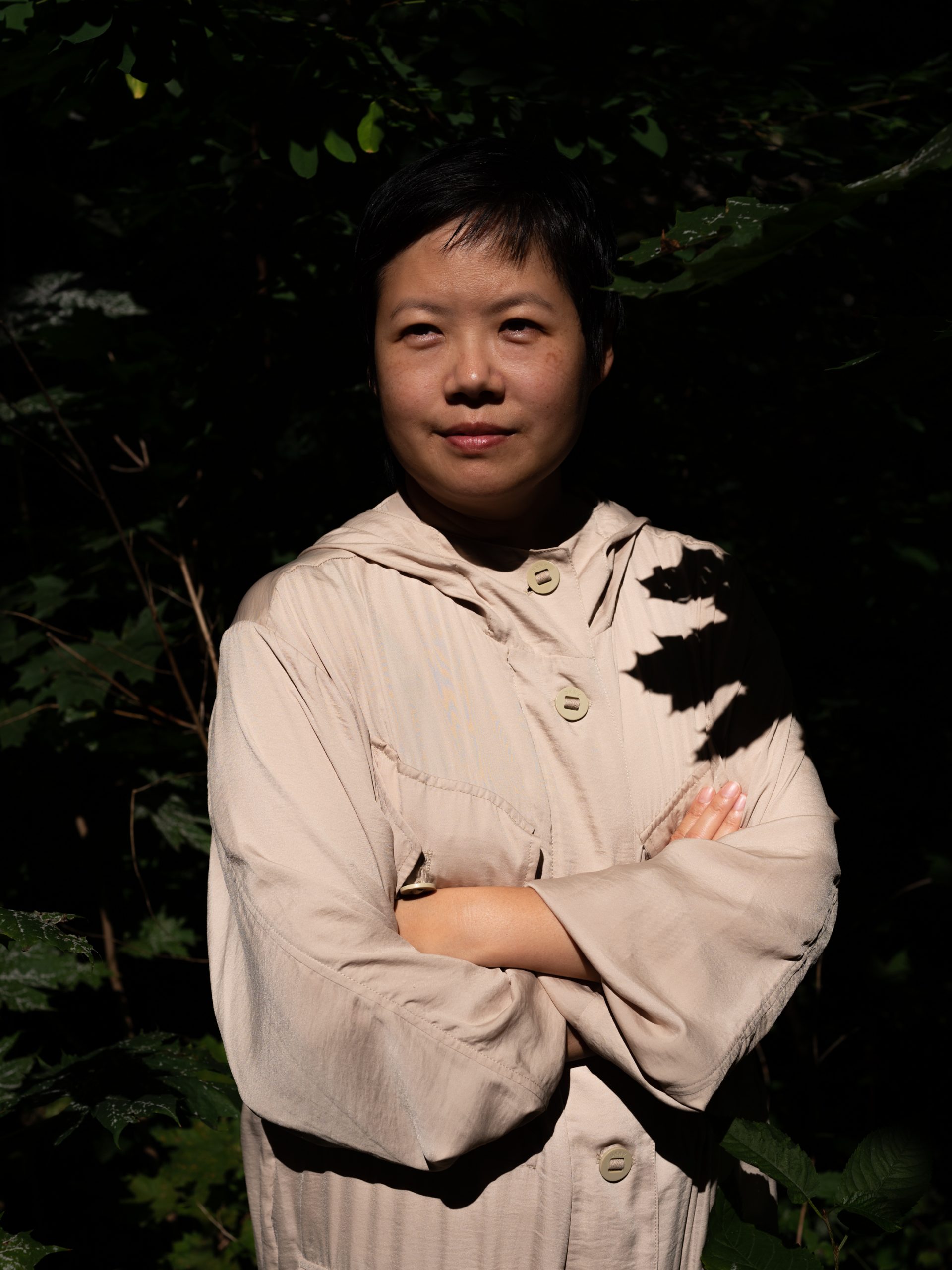Thailand, Film, 2021
Anocha
Suwichakornpong

People are quietly astray in Anocha Suwichakornpong’s films, not quite knowing how their existence is connected to the legacy of Thailand’s violent past. The world according to this feminist independent filmmaker is a world of shards and surfaces, of echoing events and gestures. Time is at once a possibility of change and the repetition of a terminal age.
Still, in her cinematic labyrinth, people take action by moving silently, enigmatically, into the unknown. Graceland (2006), Anocha’s graduation short film, starts with two strangers in a car driving out of the city. The mysterious woman takes the happy-go-lucky Elvis impersonator further and further into the darkness, without explanation. The mansion of her first feature film, Mundane History (2009), is a space of secrecy and paralysis. The patriarch and his injured teenage son are figures of power and entropy. Their servants outwardly comply while making plans for departure.
The sketch of a plot of her most significant film to date, By the Time It Gets Dark (2016), references a young female filmmaker in the midst of trying to make a film about the massacre of students and communists at Thammasat University in Bangkok in 1976. From this premise Anocha creates a labyrinth of mirroring images, multiplying film within film and film shoot within film shoot within film shoot. We see different actresses playing the filmmaker researching and preparing to script and shoot a story of the event of 1976. We watch seeming unrelated incidents and seemingly random, unconnected figures moving across fragmented spaces. With its spiralling, quixotic structure, its images of making images, its figural mise-en-abyme of the female filmmaker’s quietly perilous, belaboured efforts to make images of history, By the Time It Gets Dark turns the narratorial and representational status of each of its scenes into a question, an indiscernibility.
This is how Anocha takes up the responsibility of dissident artistic engagement with the historical catastrophe of her homeland – by making a quietly heretical filmic utterance. She expends her formidable capacity on making an oblique film that neither commemorates nor provides an alternative representation of the massacre. Instead, she fictionalises a failure to represent, and thematises an effort to know that which exceeds the filmmaker’s agency of representation. In so doing, she de-centres the institutionalised, and routinely masculinised, agency of speaking of the massacre. Anocha’s film affirms the necessity of conveying the legacy of the October massacre in and for the future through engendering the ex-communication of its existing forms and conventions of utterance.
For her aesthetic contribution to contemporary cinema, and for the feminist example she sets in mentoring, teaching, and supporting filmmakers and students in Thailand and beyond, Anocha was recently recognised as the 2019 Prince Claus Laureate.
Anocha is an artist who insists on the inseparability of art and life. She begins this decade, the year the world so drastically turned, a mother. How this leap into the unknown makes its way into her future artistic expressions will be fascinating to see.
Text: May Adadol Ingawanij



